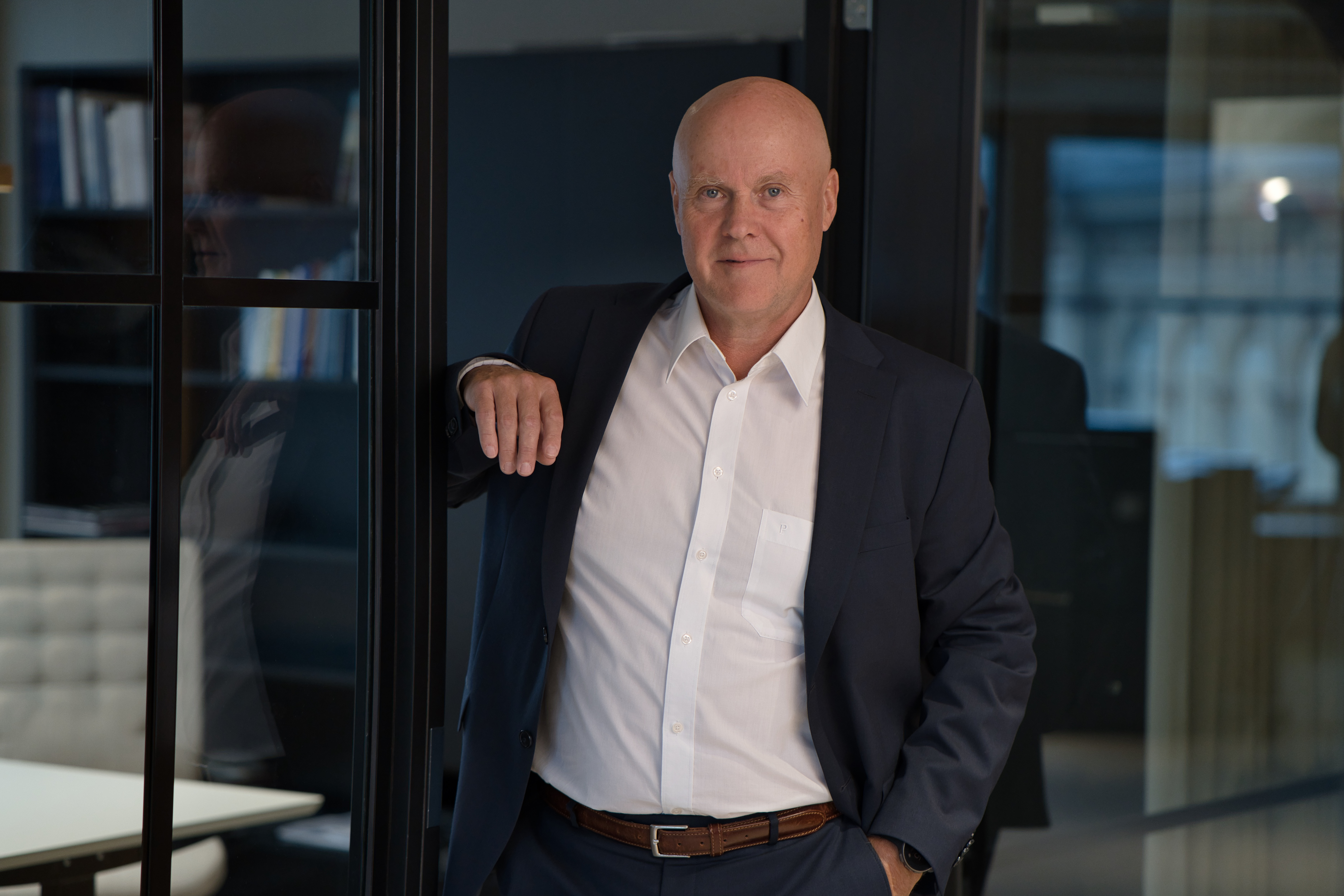
30 Years of improving European Working Life
BlogFinland has been a member of the European Union for 30 years. During these years, we have integrated into the often-complex EU bureaucracy and the Single Market. A key prerequisite for the success of this integration are fair rules for work, which are established through, among other things, common EU Labour Legislation.
It’s important that trade unions actively engage in advocacy both nationally and in Brussels to influence the formation of politics and legislation. The goal is to strengthen the position of workers and to develop working life both in Finland and across Europe. FinUnions, the joint office of SAK and STTK, has an important role to play in this advocacy work.
The development of labour issues in the EU has, throughout FinUnions’ 30-year history, advanced in waves, following shifts in political priorities.
Changing priorities have been the result of the EU’s gradual development, responses to different types of crises, and of course shifts in the political balance of power. The Social Partners have also played a significant role in the development, particularly through bipartite and tripartite preparations, but also by influencing the progress of labour issues.
FinUnions is an important part of the broader European trade union movement. Its work has extended to issues related to the Economy, the Single Market and Trade Policy – but above all to labour matters and the development of the EU’s social dimension.
When Finland joined the EU in the 1990s, it was preparing for the Economic and Monetary Union. As part of the process, the idea arose that the role of social policy might change in the euro area. As a result, the EU’s social dimension began to be developed alongside economic integration. This was also a form of criticism of the Maastricht Treaty, which was considered by workers to be unbalanced, as it did not give sufficient weight to Employment and Social Policy.
Differences Between Commissions
During the Commission led by José Manuel Barroso (2004–2014) and during the financial crisis, tougher economic values and plans for deregulation prevailed. In this period, the social dimension was weakened, with a strong focus on building the Internal Market and strict austerity policies.
The Commission led by Jean-Claude Juncker (2014–2019), in turn, sought to strengthen the social dimension in response to the social consequences of the policies of its predecessor. Brexit also played its part. The Commission’s aim was to promote a fairer and more balanced approach to social rights and labour issues in the EU. During Juncker’s term, the European Pillar of Social Rights was created, with Member States committing to 20 shared principles
covering equal opportunities and access to the labour market, fair working conditions, and social protection and inclusion.
Under Ursula von der Leyen’s first Commission (2019–2024), positive developments in labour issues in the EU continued. Among other things, the Action Plan on the European Pillar of Social Rights, the Minimum Wage Directive, the Pay Transparency Directive, and the Platform Work Directive were adopted. In addition, the Commission showed strong support for Social Dialogue both at European and national level.
EU’s development requires citizens’ acceptance
In the 21st century, the EU evolved from a free trade single market organisation towards a union of states where social rights and common rules for working life have been given fair recognition. One significant achievement from a workers’ perspective has been the link between trade policy and labour rights. Labour and human rights have successfully been included in trade agreements, which support responsible business conduct and decent jobs.
Finnish trade union organisations have played their own important role in shaping policy throughout Finland’s EU membership. We have worked together and influenced the Commission, Parliament and Member States – and will continue to do so. Advocacy is carried out in cooperation with unions in other countries, international organisations and trade union secretariats, both in Finland and in Brussels.
At present, the political winds unfortunately blow colder and more unfavorably from a workers’ perspective. It seems that initiatives to strengthen workers’ rights and develop working life are being overshadowed by other priorities.
We therefore have plenty of work ahead. Our common endeavor must be continued with persistence, with greater impact and a forward-looking approach, because a changing world of work also requires updated rules. Right now, legislative needs are emerging in areas such as the impact of Artificial Intelligence on working life and the management of workers’ psychosocial workload.
We have tools to make a difference for workers. In early September, Commission President von der Leyen promised a new Quality Jobs Act in her State of the Union speech. Its purpose is to ensure that working life keeps pace with economic developments. This promise is the result of persistent advocacy, and influencing the content of this future legislation is one of the most important tasks for FinUnions and all European trade unions in the near future.
The European Social Partners have also recently started negotiations on a new joint work programme. The programme is intended to define how employers and workers together will develop working life in the coming years.
In other words, FinUnions and European trade unions do not lack work. We must continue to highlight how a competitive and successful economy is built on a fair society as well as on just and high-quality working life.
Faith and trust in the European Union and its success rest above all on the confidence and acceptance of its citizens.
Read the blog in Finnish here.

